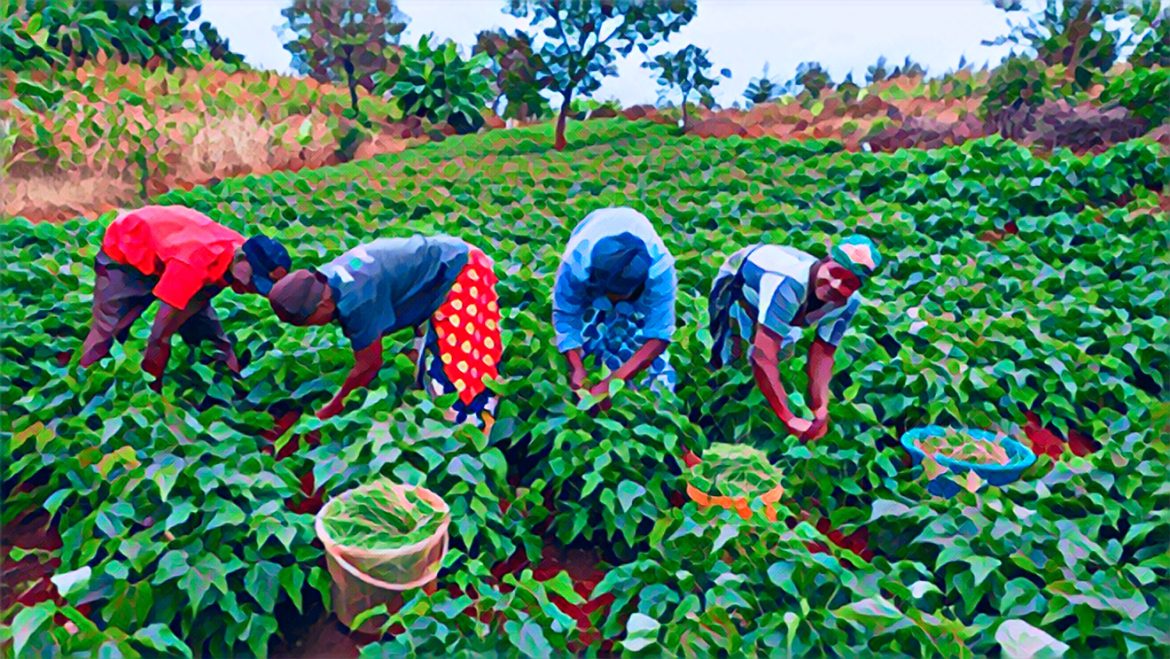Key Points
-
Nigeria’s $10 billion annual food import bill sparks economic alarm.
-
Innovative agric finance is widely touted as Nigeria’s key solution.
-
Boosting local food production is now seen as strategic imperative.
Nigeria’s government has raised alarm over the country’s swelling food import bill, which drains an estimated $10 billion annually from the economy, warning that dependence on foreign staples is unsustainable for Africa’s largest population.
According to a report by Vanguard news, the federal government is calling for innovative approaches to agricultural financing that can empower local farmers, improve productivity, and ultimately ease the pressure on the nation’s scarce foreign reserves.
Officials argue that without a radical rethink, Nigeria risks deepening food insecurity while simultaneously exporting jobs that could be created domestically.
Food imports hit $10 billion every year
Nigeria’s appetite for imported staples—from rice and wheat to dairy products—has ballooned in recent years.
Despite vast arable land and favorable climatic conditions, the nation continues to rely heavily on imports to feed its growing population, projected to surpass 250 million by 2030.
Government officials blame structural barriers such as poor access to credit, weak rural infrastructure, and low adoption of modern farming techniques for keeping farmers locked in subsistence levels of output.
The $10 billion food import bill, they argue, is both an economic burden and a security risk, exposing Nigeria to external price shocks.
Innovative agric finance seen as key solution
At the center of the government’s new push is innovative agric finance—tailored credit models, insurance schemes, and investment frameworks that can de-risk agriculture for banks and attract private capital into the sector.
Authorities say conventional lending methods, often saddled with high interest rates and short repayment windows, are ill-suited to farming cycles.
Fresh models—such as value-chain financing, blended capital, and public-private partnerships—could unlock much-needed liquidity for smallholder farmers who produce the bulk of Nigeria’s food. Financial experts also stress the need for digital platforms to widen farmer access to credit and provide real-time market data. Without such innovation, officials caution, Nigeria’s ambitious food self-sufficiency goals will remain out of reach.
Reducing imports through stronger local production
The government insists that curbing imports is not merely an economic necessity but a strategic imperative.
By investing in local production, Nigeria can create jobs, stabilize rural economies, and strengthen resilience against global disruptions like the COVID-19 pandemic or the Ukraine war, which exposed vulnerabilities in food supply chains.
Nigeria has experimented with several intervention programs, from the Anchor Borrowers’ Scheme to fertilizer subsidy initiatives. Yet analysts argue that success will depend less on new policies and more on sustained implementation and private-sector confidence. For now, the $10 billion food import bill looms as a stark reminder of Nigeria’s agricultural paradox—a land rich in potential but constrained by systemic financing gaps.


